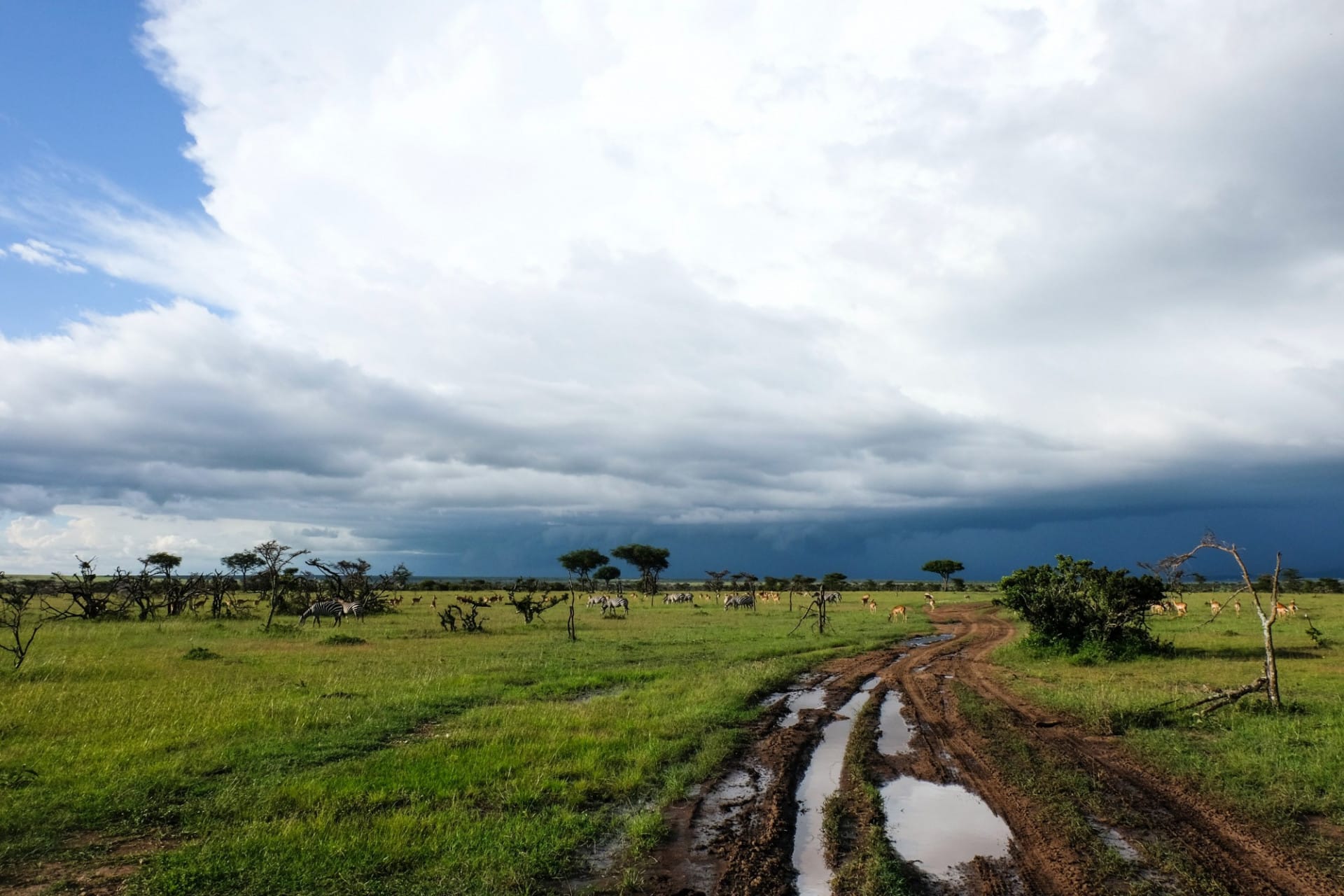Time and Compromise in UNCITRAL’s Working Group III
During the week of 22 September 2025, States once again met in Vienna under Working Group III (WGIII)...
Mining, Metals and Resource-based Development

Rapid deployment of renewable energy is critical to protecting people and ecosystems from the climate crisis. Policymakers know this, and the much-needed expansion of existing renewable energy generation is anticipated to accelerate under new legislative measures. To truly serve people and the public interest as intended, this global transformation toward low-carbon, sustainable energy systems must respect the rights of Indigenous Peoples and local communities. Their lands are, and will be, host to land-intensive renewable energy projects that, in some instances, have led to land-grabbing and forced displacement.
Land-intensive renewable energy projects can be carried out responsibly. However, if policymakers do not effectively center human rights in the just energy transition, they may inadvertently cause widespread harm to Indigenous Peoples and local communities, including loss of land, livelihoods, and cultural integrity, along with grave impacts on human rights defenders and workers.
Conflicts over large-scale renewable energy deployment can erode critical popular support for renewable energy technologies, threatening plans to build more sustainable energy systems in the long-term. Failure to address rights impacts can expose policymakers such as governments and development finance institutions (DFIs) to significant legal and financial costs. In addition, reputational harm resulting from rights violations can threaten the credibility of home and host governments’ energy security and net zero commitments, and damage the perceived legitimacy of DFIs as agents of sustainable development. Mitigating these impacts and risks therefore requires advancing a just energy transition that effectively addresses its human rights impacts.
Noting the important role that national, regional, and global policies play in promoting such an approach, CCSI has released a Briefing for Policymakers on Protecting Human Rights in Renewable Energy Projects. This briefing, which complements the Business Guide and Legal Risk Primer for Commercial Wind and Solar Project Deployment, is part of a series of publications by CCSI that provide guidance on adopting a rights-based approach to renewable energy deployment. It provides actionable guidance to different agents of policy- and decision-making–host states of renewable energy projects, home states of renewable energy companies, development finance institutions (DFIs) financing these investments, and intergovernmental bodies –on the benefits of and strategies for taking a rights-respecting approach to renewable energy policy.

The briefing highlights five key policy priorities that policymakers should pursue, and outlines diverse strategies that each group of actors can adopt to meet each priority. As part of their just transition efforts, all policymakers must:
Strategies outlined in this briefing include, among other things, innovative financing and community support mechanisms, co-equity models, mandatory human rights due diligence frameworks, human rights-aligned investment assessment processes, and environmental and social safeguarding policies.
Policymakers’ self-interest should motivate them to uphold their responsibilities, given recommendations in the briefing can help them to avoid social, reputational or financial harm. These recommendations are not only beneficial for all stakeholders; they are also feasible. Policymakers are already beginning to implement exemplary policies. Case studies of good practice, for instance, on host state legislation regulating corporations and on DFI environmental and social safeguarding policies, offer examples that could be emulated and adapted by different actors in specific contexts.
Read the full briefing here.
Read these two blogs on the topic:
These resources were produced as part of ALIGN, funded by UK Aid from the UK government.